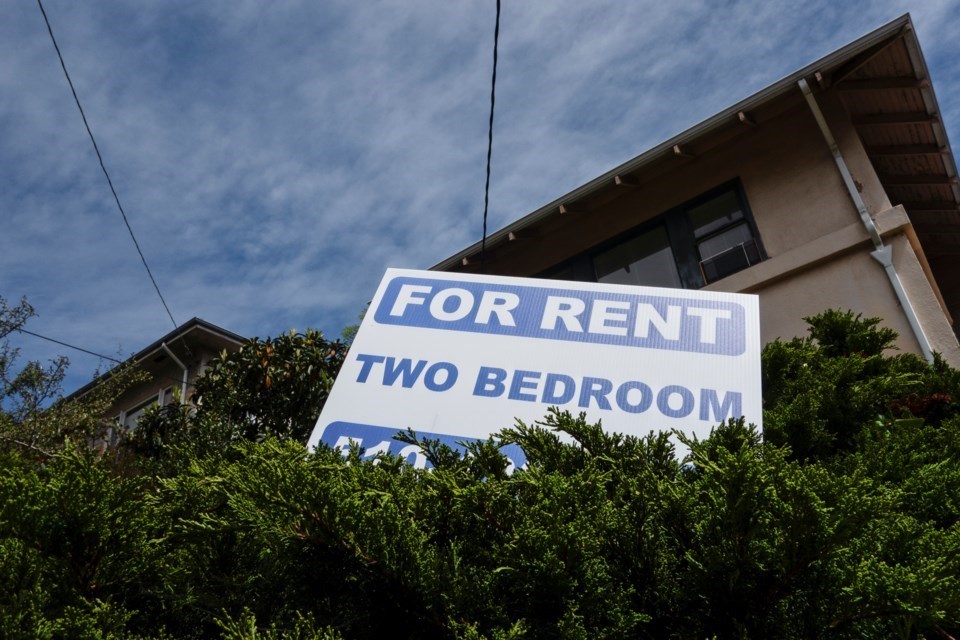The B.C. government has set the maximum allowable rent increase for 2023 at 2 per cent, far less that would have been allowed had the government benchmarked the increase to inflation.
“LandlordBC is very disappointed to learn of this decision to cap the 2023 increase to 2 per cent after a nominal increase of 1.5 per cent in 2022,” said David Hutniak, CEO of LandlordBC. “In recent weeks we have expressed to the Housing Minister that our sector is facing huge challenges due to inflation and the impacts of the pandemic. These challenges are especially pronounced for the many small landlords who provide the majority of rental housing in B.C.”
Goodman Commercial Inc. partner Cynthia Jagger explained that the traditional method of calculating inflation for the purpose of rent increases would be to measure Statistics Canada inflation data from August 2021 through July 2022.
"We ran the numbers," she said of herself and partner Mark Goodman. "The rate should have been 5.35 per cent, which would have been rounded up to 5.4 per cent, based on the CPI (Consumer Price Index) formula."
She and Goodman are also principals of the Goodman Report blog in which they examine real estate issues.
Jagger pointed to a blog report from June in which they calculate inflation for a representative rental building with fewer than 100 units in the City of Vancouver.
Their calculation was that property taxes for the structure had increased 12 per cent during the previous two years while insurance costs were up 250 per cent, heat and light costs were up 55 per cent and water and sewer rates were up 18 per cent.
"A two-per-cent rent increase is obviously not enough to cover those types of increases," she said.
Rising interest rates are also cutting into many landlords' current and future bottom lines. The Bank of Canada today hiked its policy interest rate by 75 basis points to 3.25 per cent.
"You have to look at landlords who are servicing debt," said Goodman.
He said many landlords have mortgages with 1.5-per-cent interest rates.
"They're locking in at 4 per cent," he said of those who renew mortgages. "When you combine that with these massive increases in costs, it becomes troublesome for the housing providers to maintain buildings."
The result of that, he added, is that many people are deciding not to become landlords.
B.C.'s housing minister Murray Rankin suggested that his government's move was a compromise.
"By setting the maximum annual allowable rent increase for 2023 at 2 per cent, we're helping renters keep more money in their pocket," he said.
"We also recognize that landlords are facing the same inflationary pressure, and we are committed to ensuring that landlords can make the necessary repairs and upgrades to their rental units so they can provide housing for years to come."
LandlordBC’s CEO is not impressed with that logic.
“The underlying dynamic is unfortunately the pitting of renters against landlords,” Hutniak said.
“Government can’t expect positive results like continued investment in existing rental stock and construction of new purpose-built rental when they place the burden of the rental crisis solely on our sector.”



